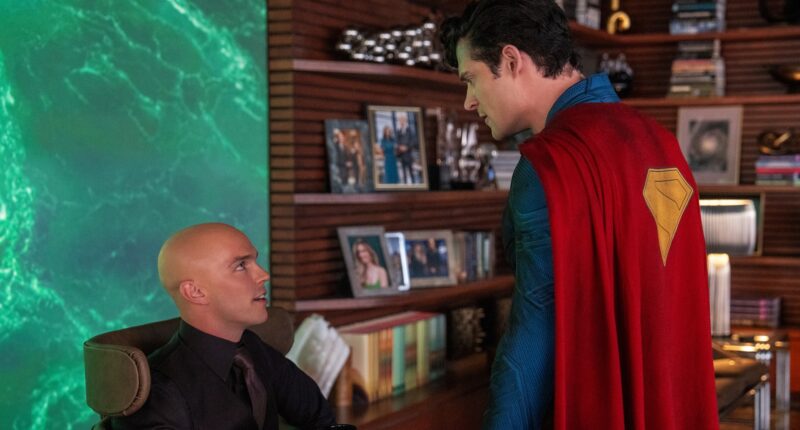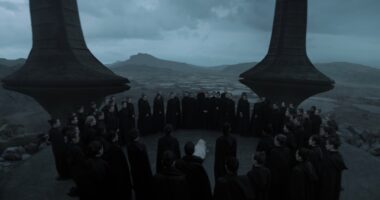The term “truth, justice, and the American way” is again believed to have first appeared in a September 1942 broadcast of The Adventures of Superman, a radio show recorded at the height of World War II era patriotism and less than a full year after the surprise attack on Pearl Harbor. However, even before the turn of phrase was enshrined into Superman lore, by design the character was created to celebrate the immigrant experience—and specifically the Jewish immigrant experience—in an era when many Americans wanted to turn a blind eye to the plight of Jewish Europeans being rounded up across the Atlantic.
Created in 1938 by Jerry Siegel and Joe Shuster, the real fathers of Kal-El hailed neither from Krypton nor Kansas. Siegel was born in Cleveland, Ohio, and Shuster in Toronto, Ontario (he later moved to Ohio). But both of their parents were turn of the century immigrants who fled Europe, with three of the four parents escaping out of the Russian Empire during the era of Antisemitic Porgroms in the late 19th and early 20th centuries.
Siegel and Shuster were authentically American, Midwestern kids, but only by way of adapting to an American culture that was still fairly skeptical and prejudiced against Jewish people at the time. Hence their Superman creation was both a power fantasy, with the all-American superhero being actually an alien sent like Moses to live as a baby among a strange people for his own safety, as well as an avatar for what Siegel and Shuster viewed as 1930s American values. Their Last Son of Krypton was originally conceived as a New Deal warrior who would drop mine owners into their unsafe, caved-in work conditions so they could get a taste of what their organized labor went through. In another issue, he’d rescue orphans from an illegal child labor workshop.
While James Gunn and David Corenswet’s Superman is not nearly so radically active in his domestic politics, their film unmistakably reflects the politics of its moment by virtue of having Superman do what at a glance seems morally right: such as stopping a genocide occurring between two countries, even if the aggressor is an ally of the United States.
Domestically, meanwhile, Gunn and Corenswet’s Superman is depicted as embodying values that a decade ago would have seemed remarkably uncontroversial and benign. He is compassionate to fellow immigrants, even if they are of a different complexion from himself, on the streets of Metropolis; he is concerned about the health and happiness of his dog; and he hopes the girl he loves, Lois Lane (Rachel Brosnahan), will one day soon say “I love you” back to him.
He is simply living the all-American life as a good citizen in a big American city. And yet, somehow, in 2025 that is treated as radically offensive off-screen and on, particularly by the film’s most sinister villain, Lex Luthor (Nicholas Hoult).








